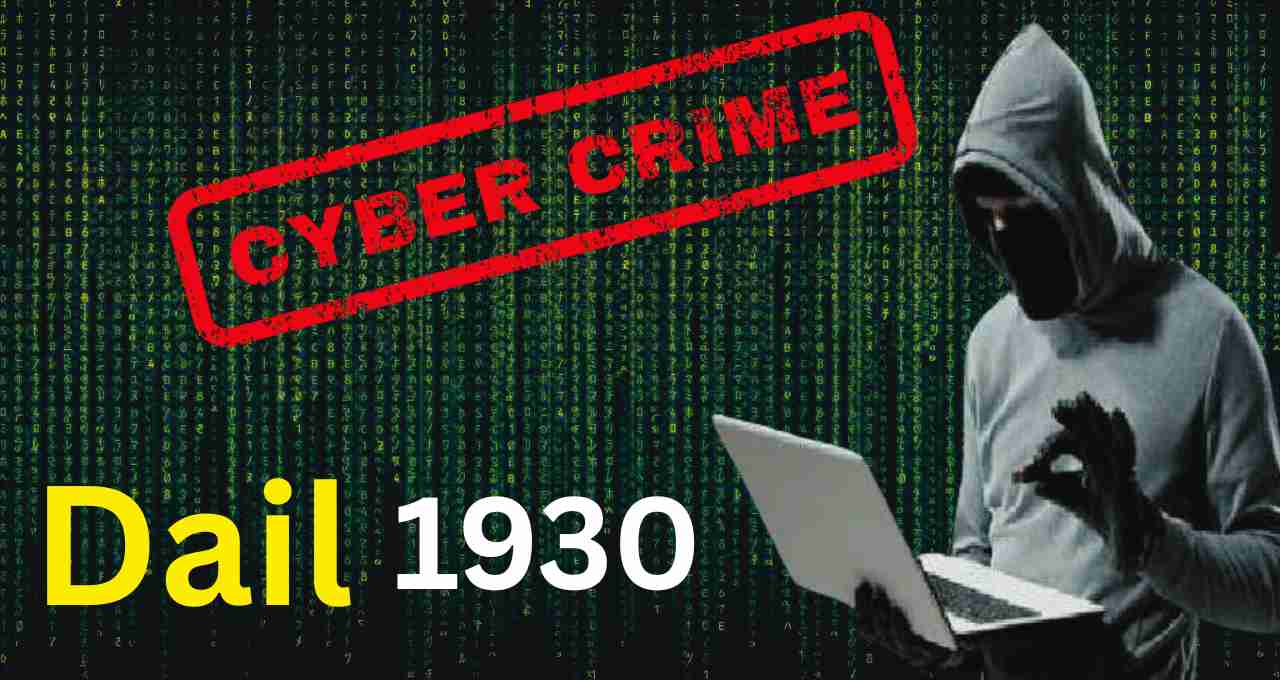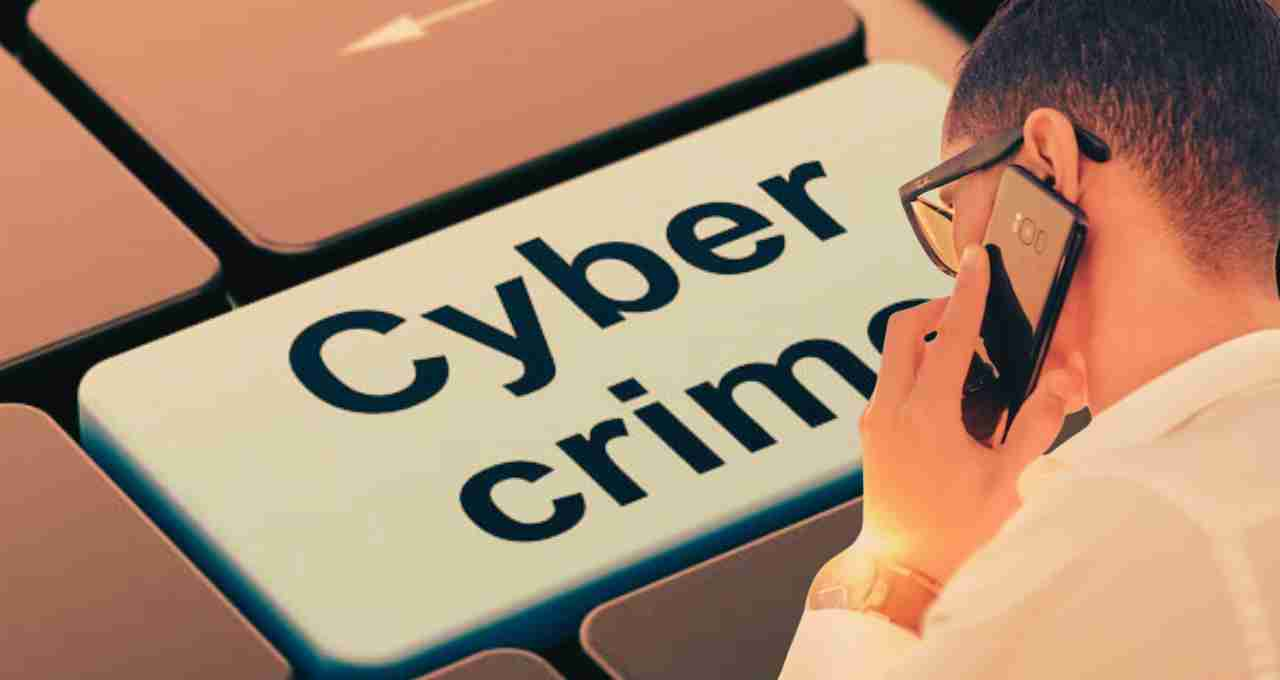In today's digital age, the internet has become an integral part of our lives. From online shopping to mobile banking, everything is now possible in minutes. However, while the internet has made our lives easier, cases of cybercrime and online fraud are also increasing rapidly. Many times, users find money deducted from their accounts without their permission, or are defrauded by unknown callers demanding OTPs. In such situations, it is crucial to remain calm and take swift, appropriate action.
1930 Helpline: Why is this number special?
1930 is not an ordinary number; it's the National Cyber Crime Helpline launched by the Indian government. The purpose of this number is to combat the rising cybercrimes across the country and provide immediate assistance to victims. This service is available 24 hours a day, seven days a week, allowing you to call immediately whenever you face cyber fraud.

Calling this helpline connects you with cybercrime experts. They listen to your complaint, gather necessary information, and immediately notify the appropriate agencies to minimize your losses.
When should you call 1930?
You should immediately call 1930 if:
- Money has been deducted from your bank account without your consent.
- Someone has defrauded you through a fake link, website, or app.
- You have been asked for your OTP, password, or personal information through an unknown call or message.
- You have been a victim of fraud through a video call or social media.
- You are receiving online threats, blackmail, or fake calls.
- You feel you are experiencing any kind of cyber attack or deception.
What information should you provide when calling?
When calling 1930, you need to provide some basic information about yourself to facilitate investigation and assistance.

Provide your name and mobile number – First, provide your full name and the number from which you are calling. You can also provide an alternative contact number if needed, so the helpline team can contact you again.
Provide your address and location – It is important to mention the city, town, or village from where you are calling. This makes it easier to forward your complaint to the local cyber police or bank.
Provide complete details of the incident – Clearly explain when, how, and how much money you lost. For example: 'Rs. 5000 was deducted from my account at 10 am today, while I did not initiate any transaction.'
Mention the bank or app name – If you have been defrauded through a banking app, UPI, credit card, or website, be sure to mention its name. This will allow the relevant bank or company to be alerted promptly.
Provide evidence (if any) – If you have the fraudster's number, fake messages, screenshots, transaction details, or links, provide that information as well. This information is very helpful in the investigation.
How to file a complaint online?
Along with filing a complaint over the phone, you can also report cyber fraud digitally. The government has created an official portal, www.cybercrime.gov.in, where you can easily file a complaint online. This website provides all information related to cybercrime and ensures your complaint reaches the appropriate department.
The online complaint process is very simple. You need to fill in the details of your complaint, your mobile number, email, and other necessary information. This immediately registers your complaint and initiates further investigation.
Precautions to avoid cyber fraud

Cases of online fraud are increasing rapidly. However, by taking some small precautions, you can easily protect yourself from cybercrime.
- Do not share your OTP or password with anyone – Whether someone calls claiming to be a bank official or a government representative, never share your OTP, password, or bank details with strangers.
- Do not click on suspicious links – If you receive a link from an unknown number or email, do not click on it. The link may be associated with a virus, fake website, or fraudulent transaction.
- Keep b passwords for your banking apps and phone – Secure your mobile and banking apps with a PIN, fingerprint, or face lock. Change your passwords regularly.
- Regularly check your bank statement – Check your bank statement once a month. If any transaction has occurred without your knowledge, immediately inform the bank and 1930.
- Beware of fake websites – When shopping online or banking, always use the official website or a trusted app. Sending money or goods through a wrong website can cause significant losses.
- Install antivirus and security apps – Keep a good antivirus and security app on your mobile and laptop to protect against hacking and viruses.
- Be cautious on public Wi-Fi – Never conduct banking or any private activity using Wi-Fi at public places like cafes, malls, or stations.
Future changes in cybersecurity
The Indian government is constantly working to strengthen cybersecurity. New laws are being enacted, and technology is being used to prevent cybercrimes. Helplines like 1930 are part of these efforts, helping to keep the public safe.
Simultaneously, awareness campaigns against cybercrime are being conducted to encourage vigilance and prompt action. In the future, these helpline services will be made even more effective to protect everyone from cyber fraud.
Online fraud and cybercrime are on the rise in this era of Digital India, but there's no need to panic. If you become a victim of cybercrime, immediately call 1930 for help. This number is available 24x7 and quickly routes your complaint to the relevant authorities. You can also use www.cybercrime.gov.in to file an online complaint.










